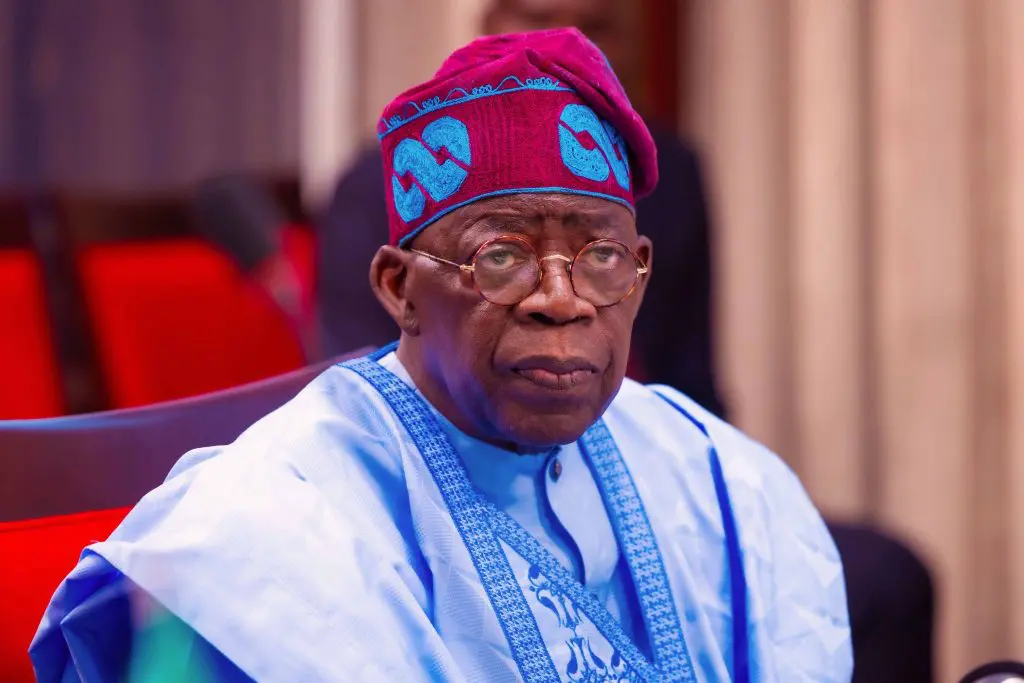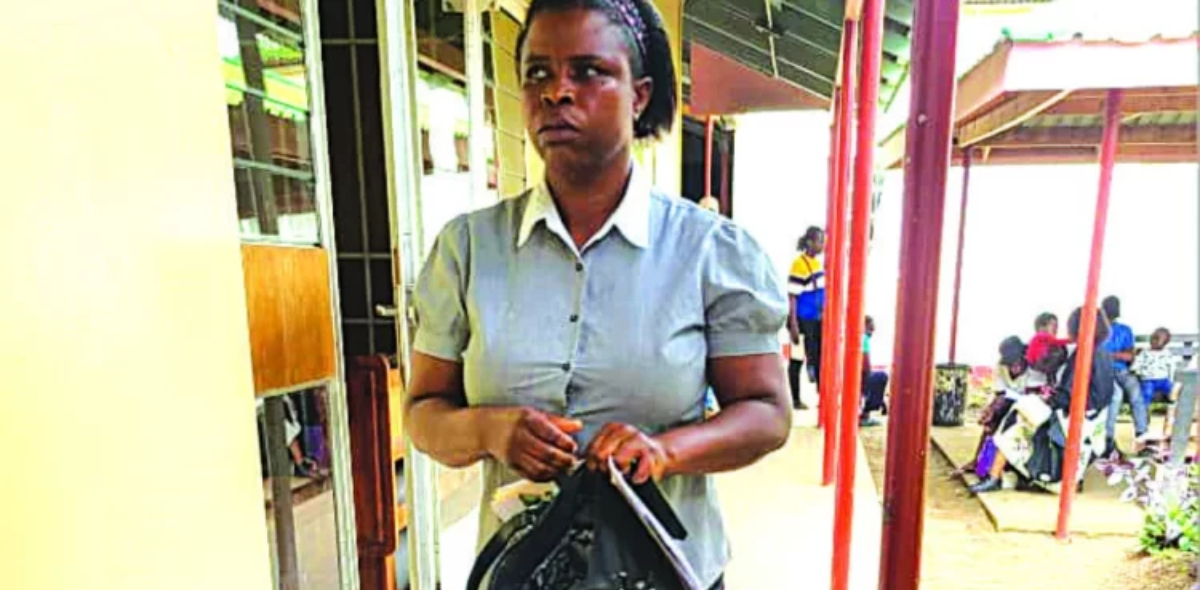
The Socio-Economic Rights and Accountability Project has taken legal action against President Bola Tinubu’s administration.
The organisation described the move as necessary so as to ensure financial transparency.
The lawsuit demands the publication of detailed spending reports and agreements related to loans acquired by the administrations of former Presidents Olusegun Obasanjo, Umaru Yar’Adua, Goodluck Jonathan, and Muhammadu Buhari.
Filed last Friday at the Federal High Court in Lagos, the suit aims to compel the Minister of Finance, Wale Edun, and the Debt Management Office to disclose how these loans, totaling billions of dollars, were utilised.
SERAP contends that the citizens’ right to know how public funds are spent is fundamental to democratic governance and accountability.
The organisation argued that transparency in loan agreements and expenditures is critical for Nigerians to evaluate their government’s performance, especially in light of persistent extreme poverty and inadequate public services despite substantial borrowing.
The suit filed on behalf of SERAP by its lawyers Kolawole Oluwadare and Andrew Nwankwo, read in part: “Publishing the loan agreements would improve public accountability in ministries, departments and agencies (MDAs).”
“Nigerians are entitled to information about what their government is doing in their name. This is part of their right to information.
“Publishing the agreements and spending details would allow the public to see how and on what these governments spent the loans and foster transparency and accountability.
“Publishing the loan agreements signed by the governments of former presidents Olusegun Obasanjo, Umaru Musa Yar’Adua, Goodluck Jonathan and Muhammadu Buhari, and widely publishing the agreements would allow Nigerians to scrutinise it and to demand accountability for the spending of the loans.
“According to Nigeria’s Debt Management Office, the total public domestic debt portfolio for the country’s is N97.3 trillion ($108 billion). The Federal Government’s debt is N87.3 trillion ($97 billion).”
“Nigeria paid $6.2 billion in 2019 as interest on loans while the country paid $6.5 as interest in 2018. Nigeria also paid $5 billion as interest on loans in 2017 while the country paid $4.4 billion as interest in 2016. For 2015, the interest paid on loans was $5.5 billion.
“Substantial parts of the loans obtained by successive governments since the return of democracy in 1999 may have been mismanaged, diverted or stolen, and in any case remain unaccounted for.
“Persons with public responsibilities ought to be answerable to the people for the performance of their duties including the management of the loans obtained between May 1999 and May 2023,” the statement read.
The organisation noted that this action becomes necessary to curb corruption and financial mismanagement.
“The Tinubu government has a responsibility to ensure transparency and accountability in how any loans obtained by the Federal Government are spent, to reduce vulnerability to corruption and mismanagement.”
“The Tinubu government has a responsibility to ensure transparency and accountability in how any loans obtained by the Federal Government are spent, to reduce vulnerability to corruption and mismanagement.”
“The Freedom of Information Act, Section 39 of the Nigerian Constitution, article 9 of the African Charter on Human and Peoples’ Rights and article 19 of the International Covenant on Civil and Political Rights guarantee to everyone the right to information, including to copies of the loan agreements obtained by successive governments since 1999.”
“By the combined reading of the provisions of the Constitution of Nigeria, the Freedom of Information Act 2011, the International Covenant on Civil and Political Rights, and the African Charter on Human and Peoples’ Rights, there are transparency obligations imposed on the Tinubu government to widely publish the agreements and details of the projects on which the loans were spent.”
“The Nigerian Constitution, Freedom of Information Act, and the country’s anti-corruption and human rights obligations rest on the principle that citizens should have access to information regarding their government’s activities,” it further read.
Meanwhile, the statement asserted that no date has yet to be fixed for the hearing of the suit.






